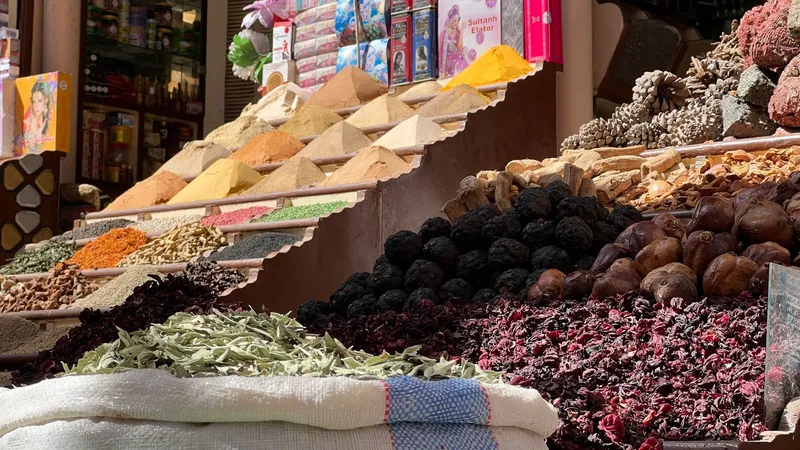When thinking about Egypt, most people think about the stone structures, statues, temples and that’s pretty much it. This is also the part that we described our article about the Giza Plateau:
 Travelfoss
Travelfoss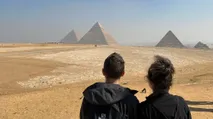
But this is not all that you need to know before going to the Giza Plateau and Egypt. If you haven’t been to Egpyt before or other culture-like countries, then it’s better not to be taken by surprise.
City Buildings
When it comes to buildings, Egypt is a country of contrasts. On one side you have some of the oldest buildings on the planet and astonishing, massive temples, and on the other side, you have less than a century old buildings that are in ruins. Most apartment buildings are unfinished and you can see the red bricks they are made of.
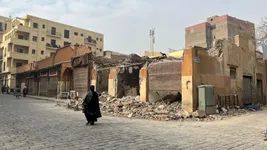
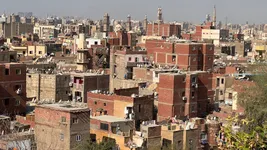
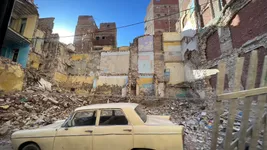
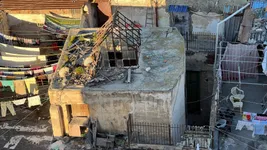
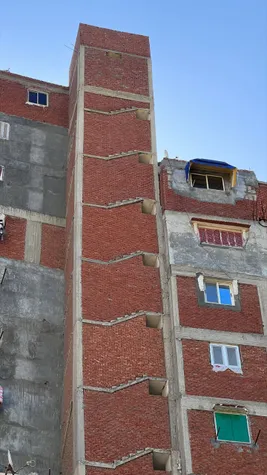
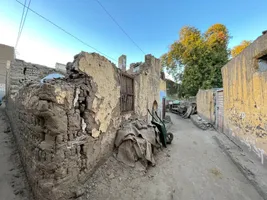
Don’t be put off by the sight of these buildings. It’s just their style and way of living, nothing bad happened there, and living in those buildings doesn’t make people dangerous. In fact, we interacted by accident with a lot of nice Egyptians and we got to believe that behind their seller’s mask they are very nice people. We will get into more details about our interactions with the people of Egypt in another article. Don’t forget to subscribe to get the latest articles as we post them.
Selling and Buying
People in Egypt in general, and also at the Giza Plateau and other tourist locations always want to sell you something. It is in their culture to try and do this in a manner that most westerners will call aggressive. They will come after you and show you what they have, and it doesn’t matter if you say “no thank you” once. They will insist again and again until they finally give up if you don’t talk with them much. They will ask you questions to start a conversation from which they are trying o find a way to convince you to buy their stuff.
It can be annoying and it might take away some of the serene time you plan to spend there. You don’t have to be annoyed or frustrated because it will just ruin your trip even more. It is just their culture, they are different than you are, let them be.
If you wish to buy something, feel free to do so. Keep in mind that the prices they ask for can be even 6 times more than a fair price, although not every seller goes that far. Every price has to be negotiated and don’t be shy to offer a ridiculously low price.
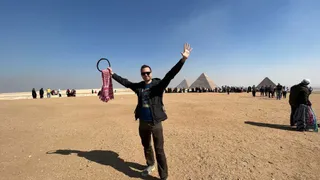
For example, we bought an Arabic scarf on the Giza Plateau from the guy you can see behind Stefan in the photo above. He was asking for 100EGP, and we ended up giving 30EGP (2USD) for it. To be honest, we just got caught in the game of bargaining and getting the lowest price possible, but we felt bad about it afterward. The scarf is of good quality and the price we paid for it is insanely low. I think the seller still has some profit to make on it, otherwise, he wouldn’t have sold it for that price. Nonetheless, they are mostly poor people, and giving 50EGP (3.2USD) for that scarf wouldn’t have hurt us, but it would have helped him. If you’re in the game to get the lowest price possible, and you succeed, we would recommend giving the seller something extra afterward. Like in our case, we could have given him another 20EGP after paying the agreed price of 30EGP. In other places, we have also been asked for 300EGP for a scarf which was even low quality.
Cash is King
Don’t expect the guy selling the scarf on the Giza Plateau to have a POS with him. If you want to buy anything you need cash. Even to eat you will need cash most of the time.
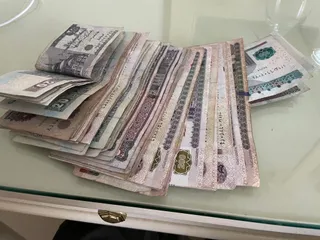
I don’t think we ever had to handle so much cash. Only hotels and a few restaurants accept cards, so the main way to buy something, even entrance tickets is with cash. Some people accept all kinds of currencies, but others will only accept Egyptian Pounds. Since some didn’t accept other currency than EGP, we found it easier to use EGP everywhere.
The prices that you get in EGP might also be better because if they take USD for example, they will have to find a tourist that wants to exchange the money for a good rate. You’ll see that some might ask you if don’t want to exchange some bills, which we don’t recommend because you never know where those bills come from. So for everyone’s sake use their currency and save them, you and other tourists from the hustle.
Never keep all your money together
This is not only to avoid getting robbed of all your money but rather to be able to negotiate and not show too much money when you pay. If they see you have money they will try to sell you other stuff and you will never hear the end of it.
Keep some smaller bills together, not too few, but just enough to buy some things when you need them. If you know you have to pay a specific amount somewhere, have that amount prepared already and avoid showing more money. Taking money out of your wallet is not a good idea.
Pickpocketing
This is danger is always present in most cities all over the world. Cairo is no exception, and especially in busy areas, you should take extra care of your belongings.
Tipping and Safety
Tipping is an important part of Egyptian culture as well. But sometimes it goes too far. People will offer to take you photos with something. Don’t fall into that trap, they will ask you for money to give you your phone back, something like a tip for taking you the photo.
If you take photos with some camels, even if the camels are just walking on the road (I’m not talking about a photo with you next to a camel), they will start yelling after you and asking for a tip.
Some will start offering you details about the pyramids or other temples and show you places and things, sort of an unsolicited guide. Don’t listen to them and don’t go with them. If you want a guide, get an official, authorized guide. Don’t ask or get directions from anyone else.
Wave for The Bill
In Egyptian restaurants they never bring the check to your table unless you wave a waiter to ask for it. Bringing the check before asking for it might be considered offensive by the guests, as if you are being kicked out of the restaurant. Also, waving the waiters when you need something is normal, and not rude.
Pollution
The pollution level in Cairo and in most cities in Egypt is extremely high. For people with breathing problems, this is an important thing to consider.
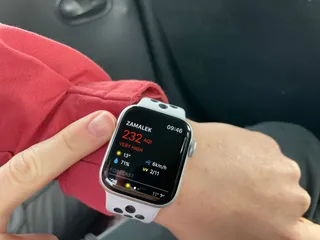
This is the pollution level in Cairo by Air Matters, on February 6th, 2022. We were riding with an Uber to get to the historical center of Cairo.
Street Crossing
There are no pedestrian crossings in Egypt. Locals will simply cross the street while the cars are driving around them and not stopping to let them cross. Not to mention that cars don’t drive in their lane, so the trajectory of cars is hard to predict for us, tourists.
When in doubt, don’t cross the street! For example, we needed to get on the other side of the Al-Azhar street in Cairo. Locals were crossing the big street quite easily, but at that moment I felt that I would rather do bungee jumping than cross that street. So we ordered an Uber to take us where we wanted, instead of crossing the street and walking a few hundred meters.
Scamming
Everywhere in Egypt, you will hear all sorts of stories: “Hi, I’m the chef from your hotel. I’m going to the souk to get some spices. Do you want to come with me?”. This is one of them that we heard the most often. Don’t go anywhere with anyone! To put them off just ask which hotel is that and you already caught them with the lie.
Some people will claim to be officials from the site, like Giza Plateau, and even show you some sort of badge. They will ask you to show them your ticket. Don’t give your ticket to anyone! The only people that need to see your ticket are at the main entrance, and at the sites that require an extra ticket like going inside the great pyramid or King Tut Ankh Amun temple to name a few. Other than that don’t show your ticket to anyone because it is a scam and they might ask for money to give it back to you.
Transportation
There are multiple ways to get from one place to another, except for planes and cruise ships. You can always choose a car, a horse carriage, a motorboat, or a felucca. Check out our article dedicated to transportation in Egypt for more details on this topic:
 Travelfoss
Travelfoss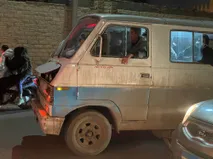
If you wish to find out more useful information, travel tips, or stories about Egypt then please check out our other Egypt articles:
 Travelfoss
Travelfoss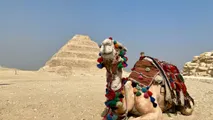
Related Travel Articles
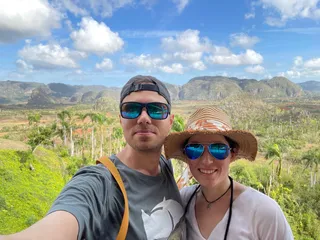
Writing free, independent and personal travel content since 2021. If you appreciate what we do, then you can return the favor by using the affiliate links below.
- Get your accommodations on Booking.com
- Buy your gear and gadgets from Amazon
- Book flights using Expedia
- Book activities on Get Your Guide
- Book guided trips on G Adventures
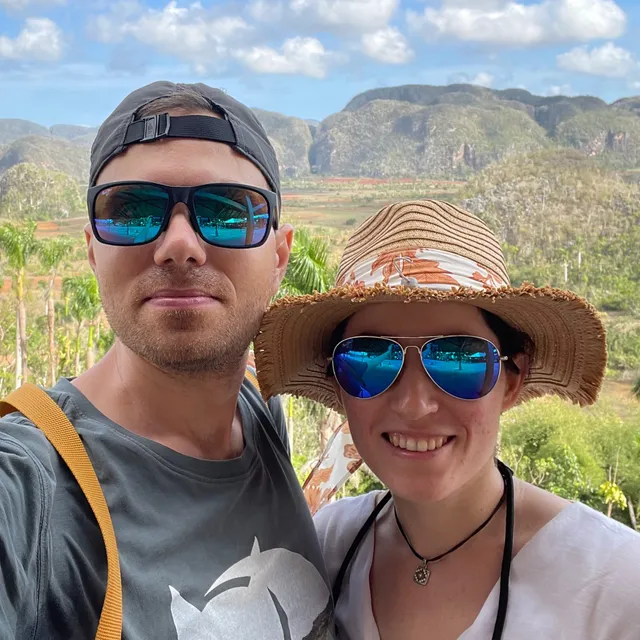
Writing free, independent and personal travel content since 2021. If you appreciate what we do, then you can return the favor by using the affiliate links below with no cost for you.
